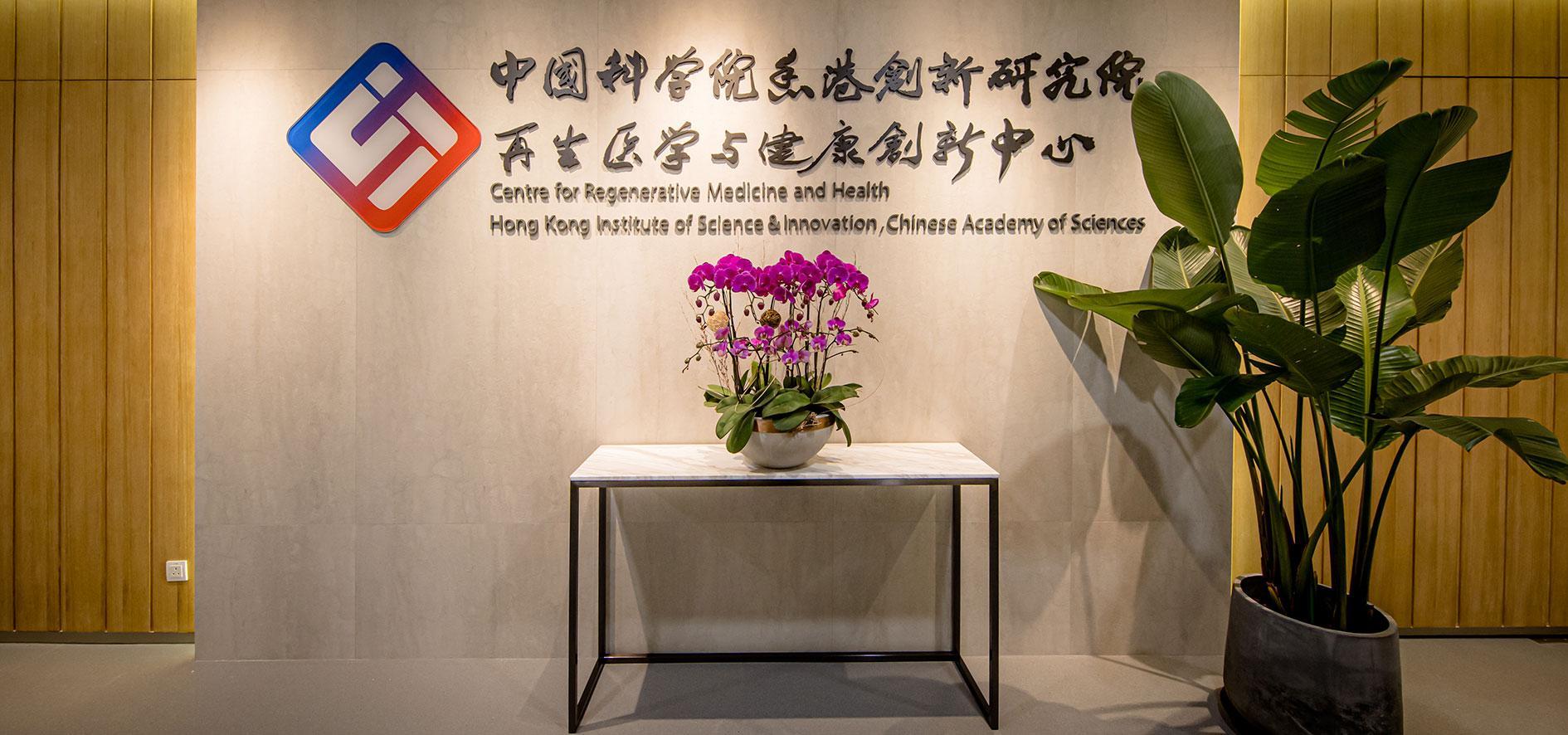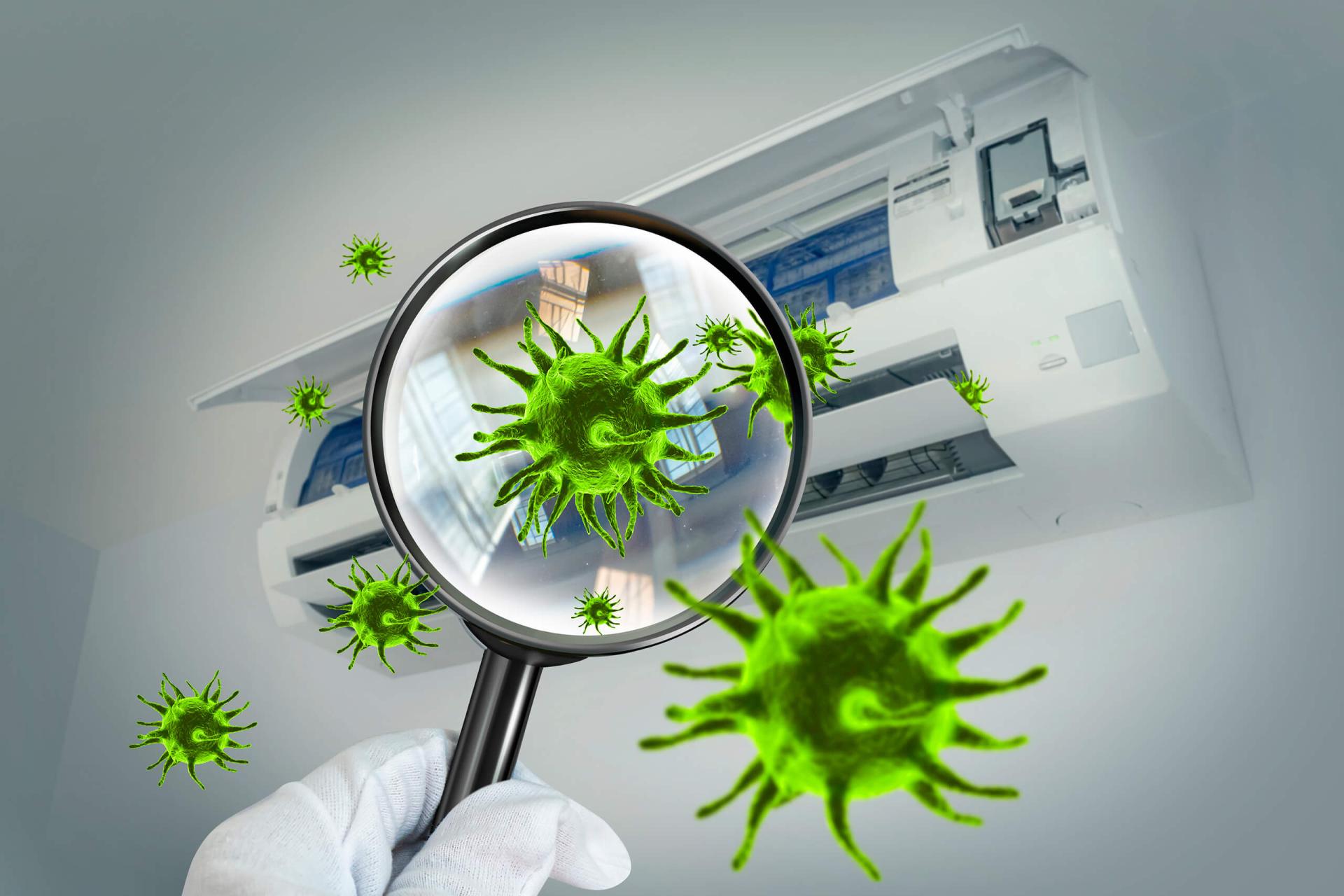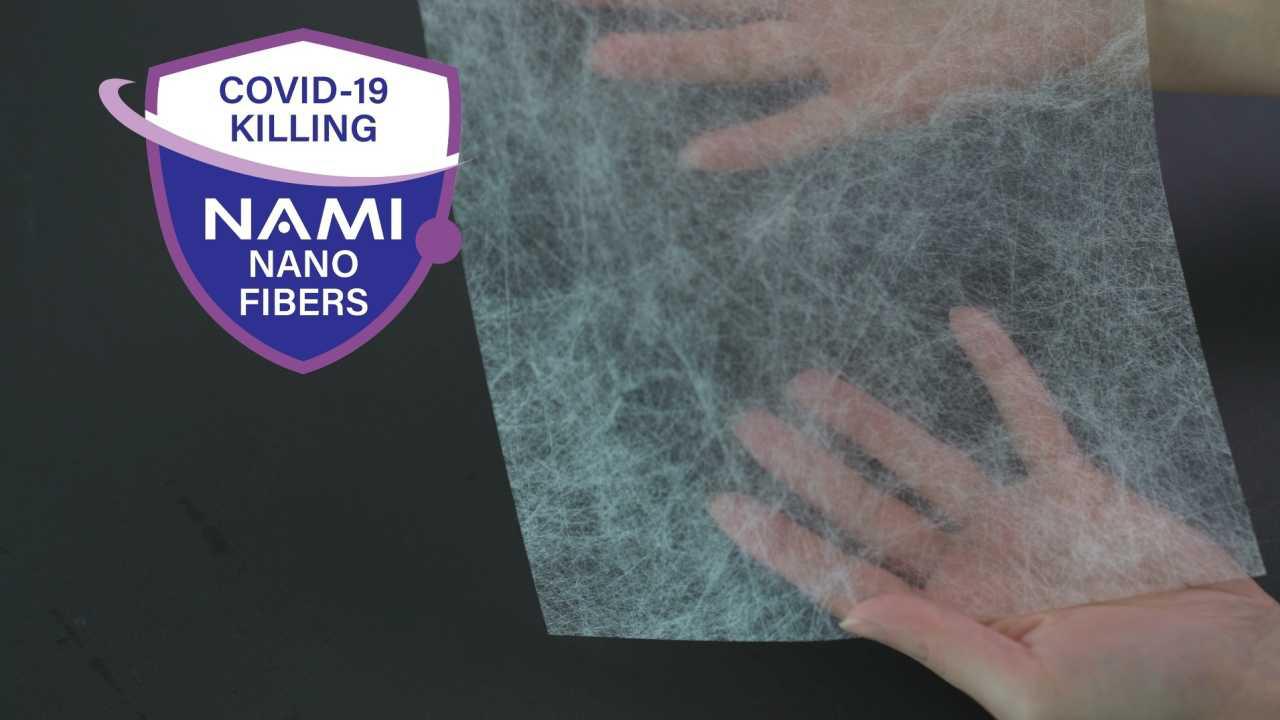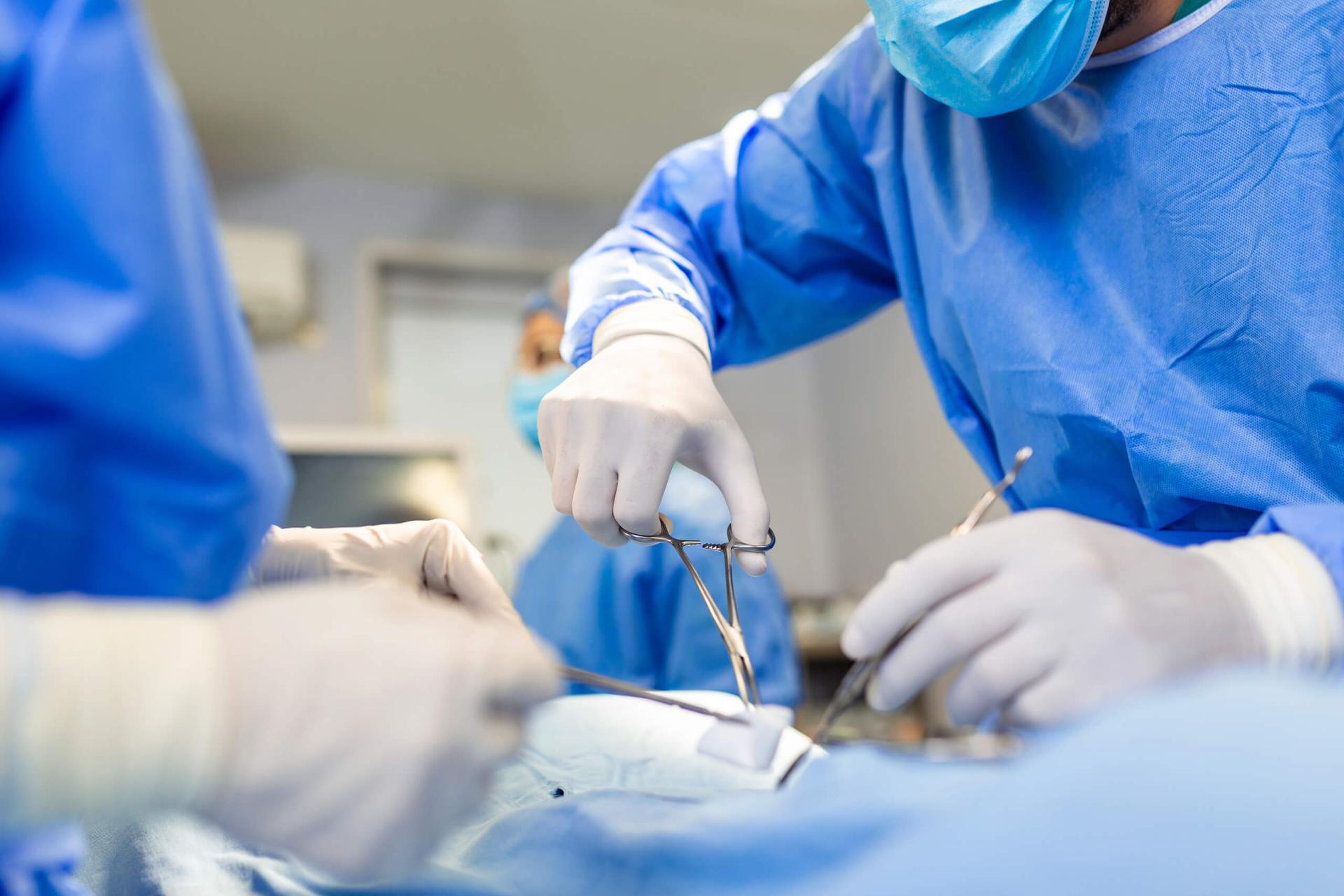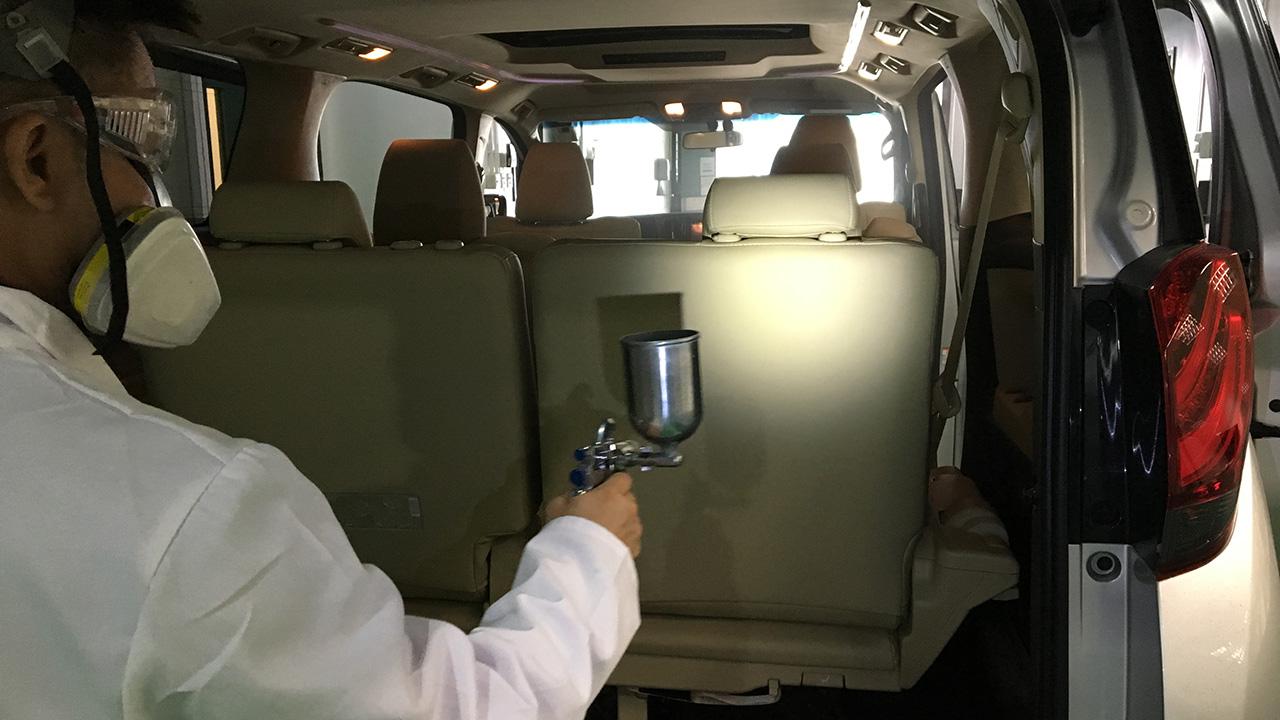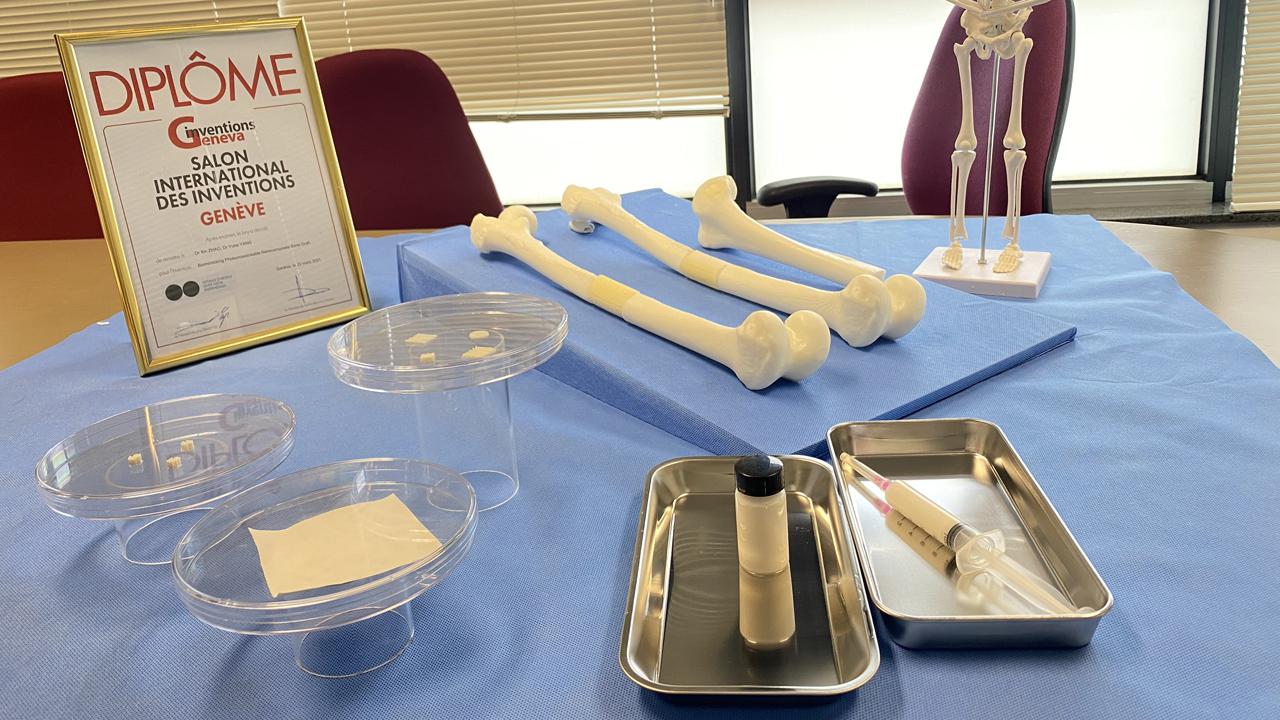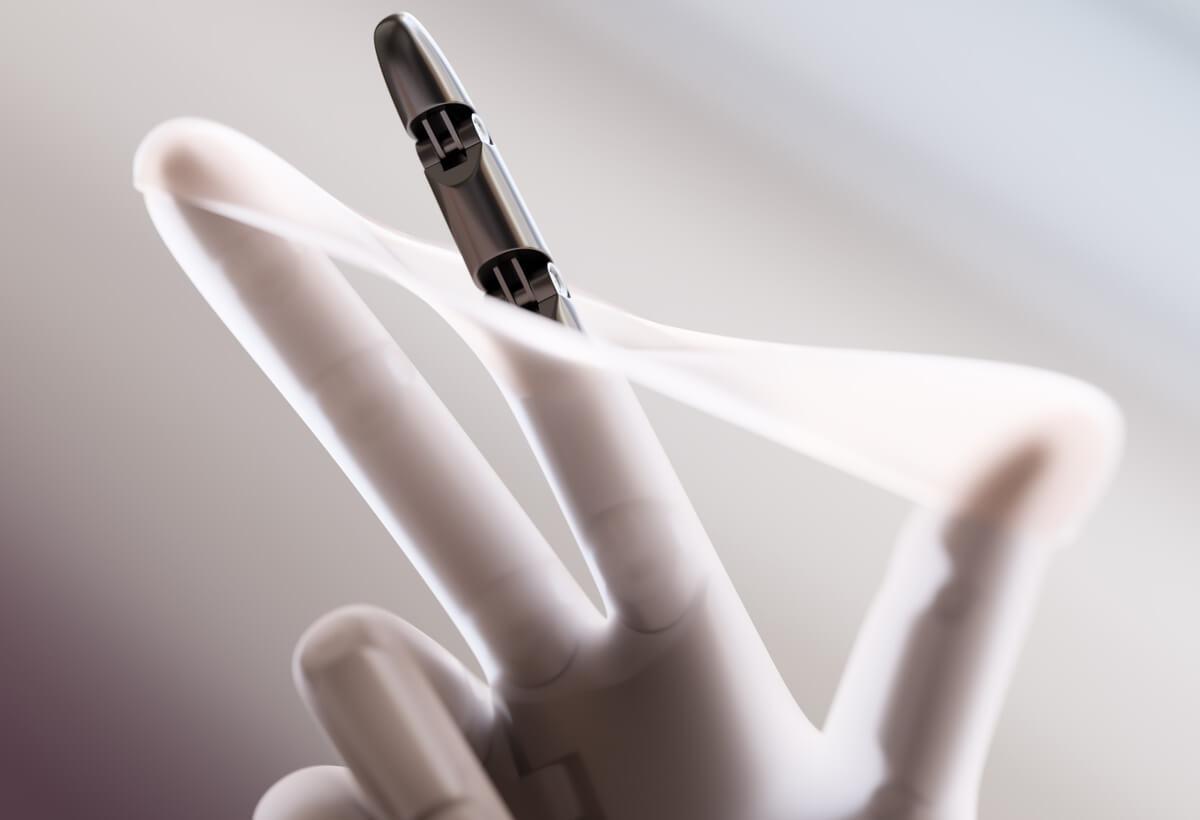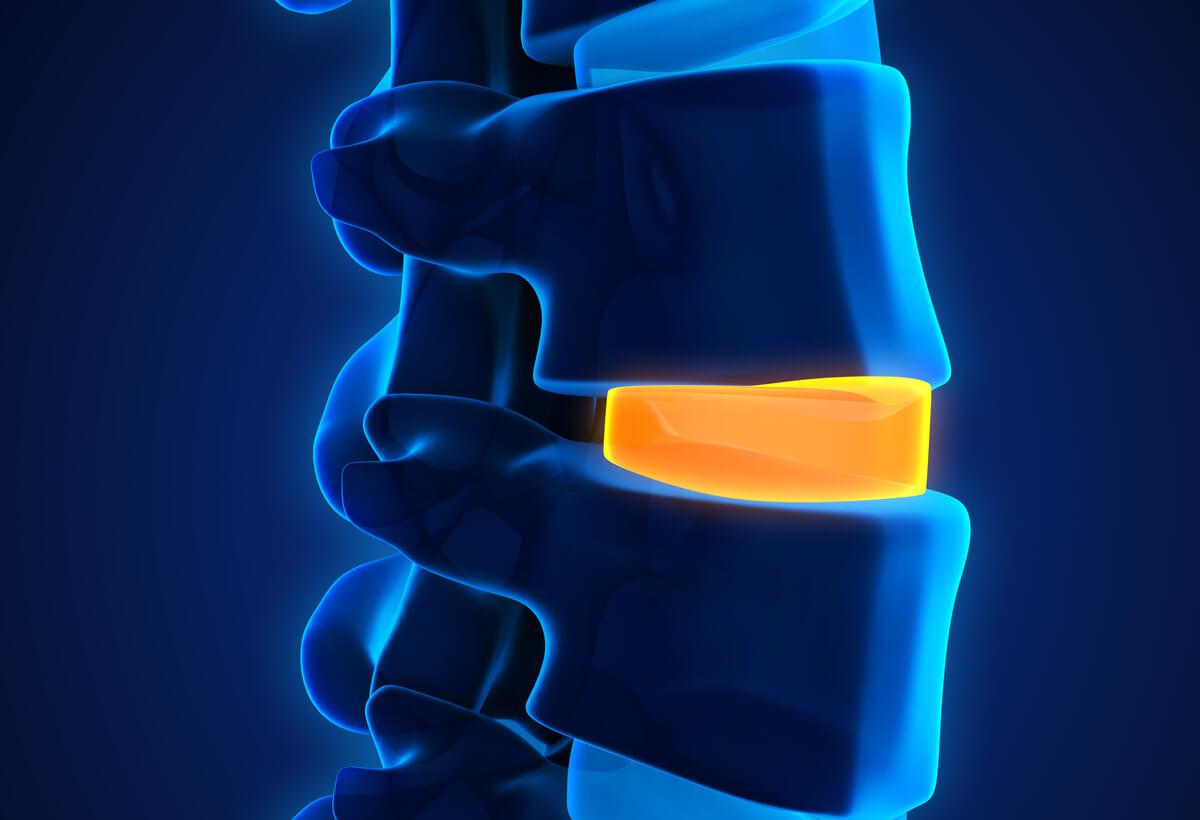
Development of novel cartilage defect repair hydrogel

Overview
Centre of Regenerative Medicine and Health, Hong Kong Institute of Science & Innovation, Chinese Academy of Sciences has designed a kind of modified gelatin-based macromolecular hydrogel through introducing dopamine-modified sodium alginate. In vivo cartilage repair results revealed that the modified macromolecular hydrogel could effectively promote the repair of cartilage defect under the synergistic effect of pulsed electromagnetic field.
Technical name of innovation
Novel hydrogel with promoted cartilage defect repair efficiency
Research completion
2023
Problem addressed
Through introducing dopamine-modified sodium alginate into gelatine-based macromolecular hydrogel, the modified hydrogel exhibited injectability, adhesive property, and enhanced mechanical properties. Combined with pulsed electromagnetic field stimulation, the hydrogel could effectively promote the repair of cartilage defects.
Innovation
- Through introducing dopamine-modified sodium alginate into gelatine-based macromolecular hydrogel, the modified hydrogel exhibited better injectability, adhesive property, and enhanced mechanical properties.
- Through the introduction of the pulsed electromagnetic field stimulation with optimized parameters, the modified hydrogel could promote the repair of cartilage defects synergistically.
Key impact
- Based on traditional gelatine-based macromolecular hydrogels, dopamine-grafted sodium alginate modified hydrogels with excellent physical and chemical properties have been prepared to promote cartilage defect repair.
- Improve the adhesive and physical properties of traditional gelatine-based macromolecular hydrogel
- Through the introduction of the pulsed electromagnetic field stimulation with optimized parameters, the repair effect of cartilage defect could be furtherly improved.
Application
- Cartilage damage and defect caused by sports, aging,accidents, etc.
As the branch organization of the Chinese Academy of Sciences, Hong Kong Institute of Science & Innovation (HKISI) is the first national research institution in Hong Kong SAR approved by the central government of China. Centre for Regenerative Medicine and Health (CRMH), the subsidiary of HKISI, is supported by the Guangzhou Institutes of Biomedicine and Health, Chinese Academy of Sciences. CRMH is funded by CAS and the InnoHK program from the Innovation and Technology Commission, Hong Kong SAR government. With its focus on stem cell therapy & genomic editing, developmental biology, and drug discovery, CRMH promotes the globalization of regenerative medicine research and achievements.
Enquiry
